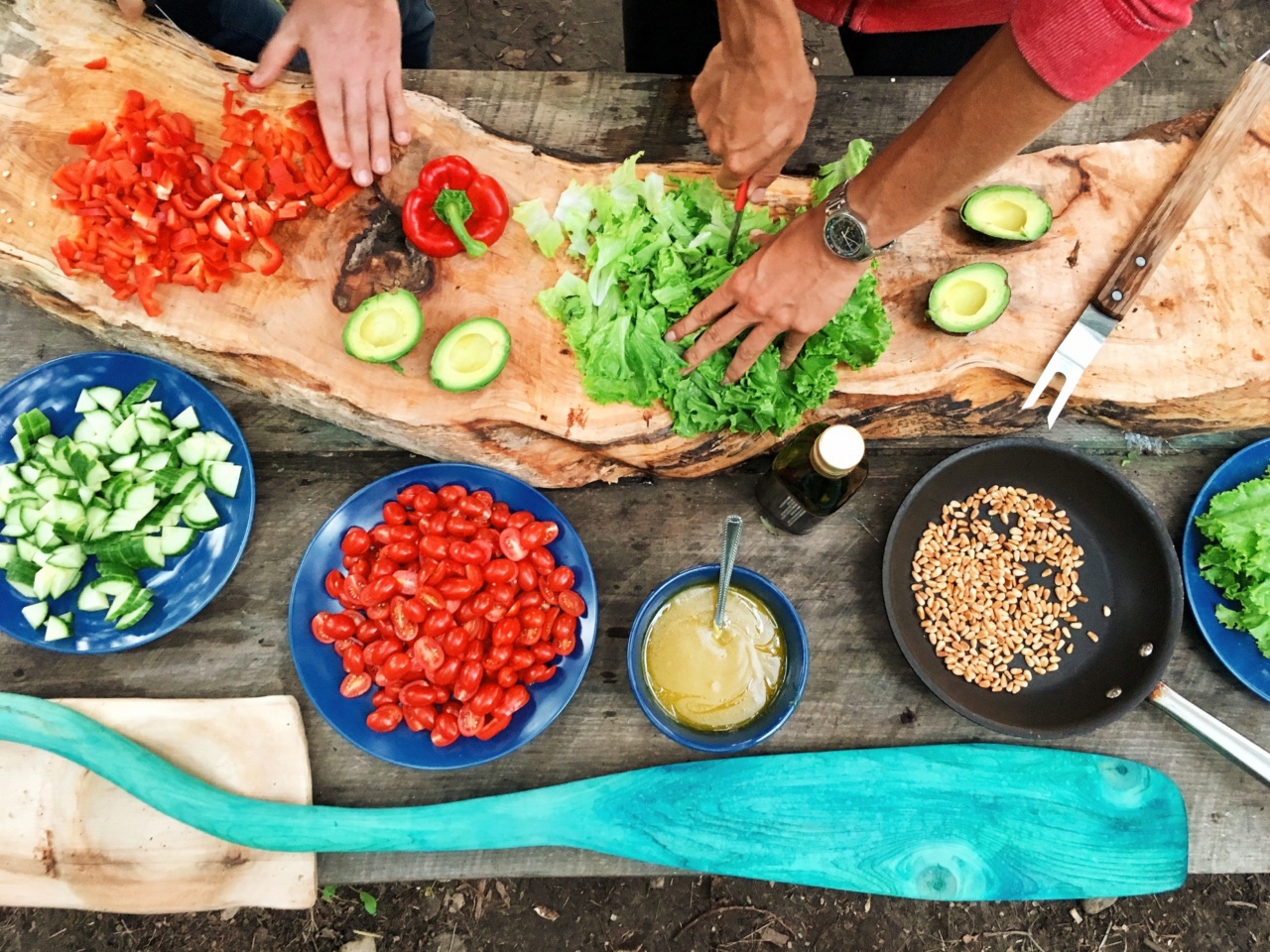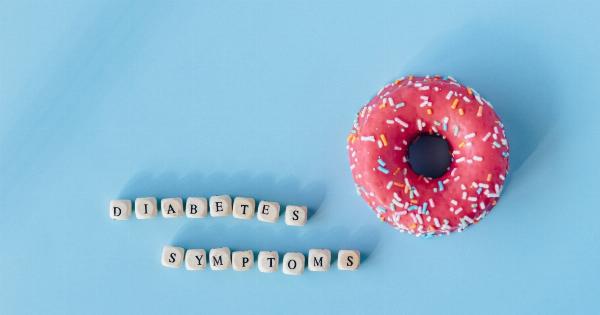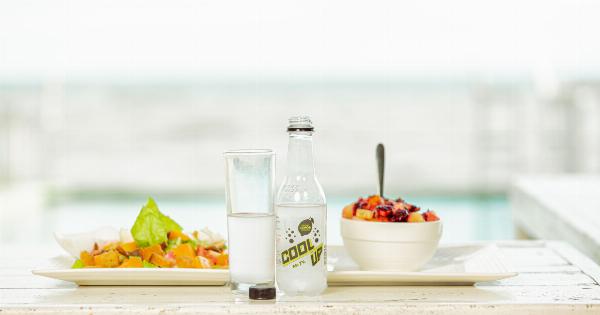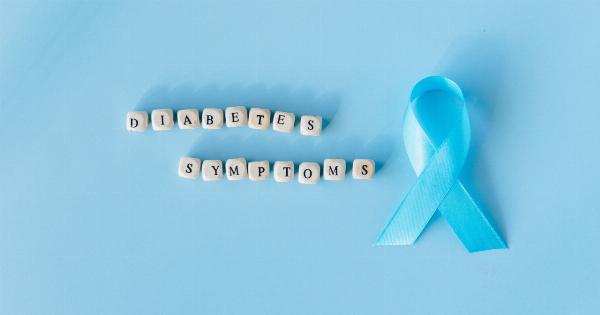Food allergies are becoming increasingly prevalent. According to a recent study, nearly 32 million Americans have some form of food allergy.
Allergic reactions can be mild or life-threatening, so it’s essential to be aware of the foods that trigger allergic reactions and avoid them.
Here are the top six rules for preventing risky food allergies.
1. Read Food Labels Carefully
Food labeling is mandatory, and it’s an excellent way to avoid foods that can trigger allergic reactions. Read all food labels thoroughly, even if you’ve eaten the product before.
Some ingredients are often added to prepared foods and can cause allergic reactions, such as milk, eggs, soy, wheat, and peanuts. Many products provide a “may contain” or “processed on equipment that also processes” label, which indicates that an allergen may be present in the food.
It’s essential to take such warnings seriously, even if they seem insignificant.
2. Boost Your Nutrition
Eating a nutritious diet is one way to avoid allergic reactions. Certain foods, like leafy greens, nuts, and berries, can provide essential vitamins and minerals that boost the immune system and reduce the risk of allergies.
Ensure that you get enough vitamins B12, D, and E, omega-3 fatty acids, and zinc to support a healthy immune system. The immune response is strongly linked to diet and nutrition. So a diet rich in whole foods can have a significant impact on reducing the risk of allergies.
3. Avoid Cross-Contamination
Another crucial rule for preventing risky food allergies is to avoid cross-contamination. Cross-contamination occurs in the food preparation process, where a particular food comes into contact with an allergen or allergen residue.
For example, if you are allergic to peanuts and a peanut butter jar is used to butter your bread, you can have an allergic reaction. Similarly, if you fry chicken in a pan previously used to fry shrimp, someone with a shellfish allergy can have an allergic reaction. So, it’s essential to separate utensils, cookware, and surfaces used to prepare foods with allergens.
4. Cook Your Meals from Scratch
Cooking your meals from scratch will also reduce the risk of allergies. When you cook your meals from scratch, you know all the ingredients and can avoid allergens.
This rule is especially important for individuals with food allergies, as some restaurants and pre-packaged meals might not provide accurate information about the ingredients used. Choosing fresh ingredients and cooking from scratch is one of the best methods to avoid allergic reactions.
5. Avoid Common Food Allergens
Some foods are more likely to trigger allergies than others. Common food allergens include peanuts, tree nuts, fish and shellfish, milk, soy, and wheat. If you have a food allergy, avoid these high-risk foods as much as possible.
You should also be careful about consuming food products that contain these food allergens. Always check ingredient labels, and when eating out, ask about the allergen content of the food you are ordering.
6. Have Medications Ready
Finally, keep your medication ready in case of an allergic reaction. Antihistamines and epinephrine should always be available if you have food allergies.
Ensure that you have access to rescue medication at all times, and that you know how to use it correctly. If you have had an allergic reaction before, you should take extra precautions to be prepared for potential future reactions.
By following these six rules of preventing risky food allergies, you can reduce the chance of an allergic reaction.
Remember that food allergies can be life-threatening, so it’s essential to be careful when consuming food products and to take necessary precautions.




























